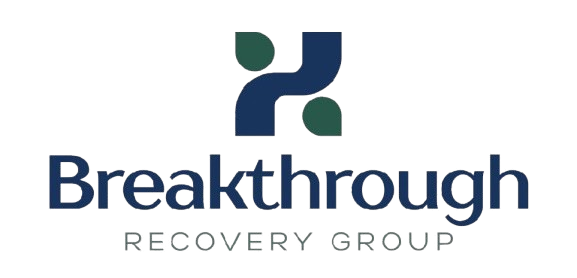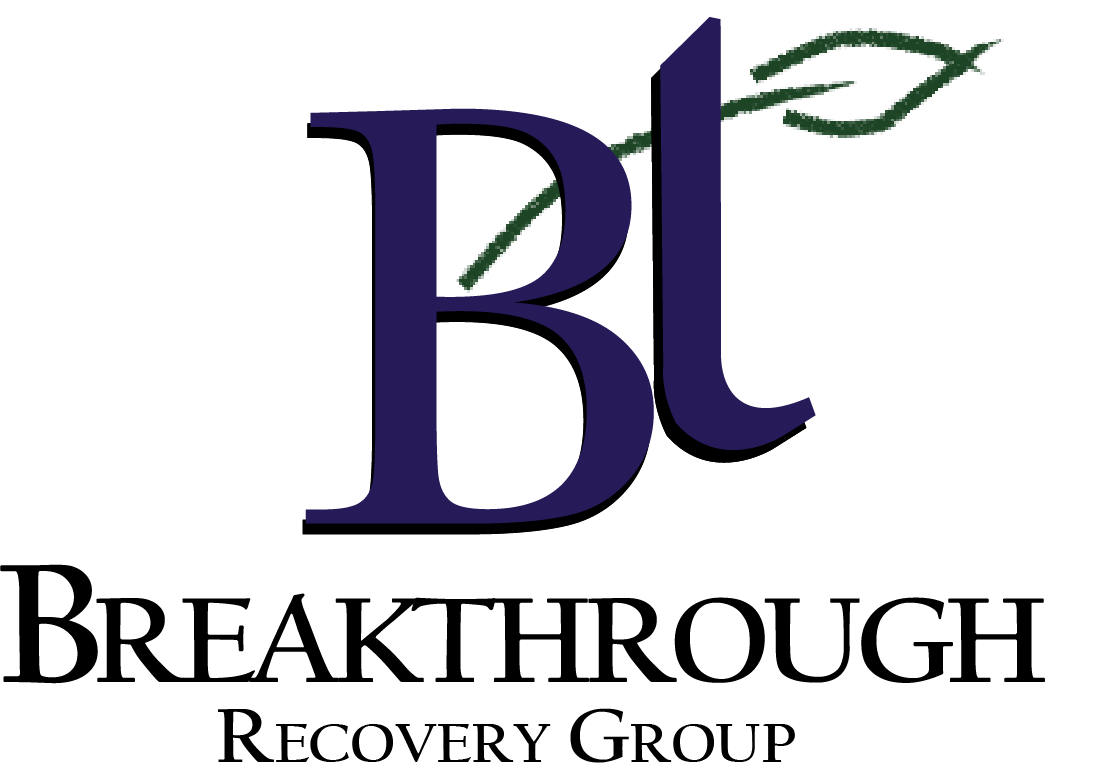
The Importance of Inpatient Rehab
As someone deeply involved in therapeutic services, I’ve often witnessed the transformative power of inpatient rehab Spokane services. It’s a structured environment where individuals can focus solely on recovery, free from external pressures and distractions. This can be crucial for those facing intense addiction challenges. The concept is to provide a safe, supportive setting that promotes healing and offers a comprehensive approach to treatment.
One of the key elements of inpatient rehab is its ability to offer round-the-clock care. Patients have access to medical professionals and therapists whenever they need, which can be a reassuring presence. The continuous support helps manage withdrawal symptoms and reduces the risk of relapse, making it an ideal option for those who need a higher level of care.
Personalized Treatment Plans
At BTRG Spokane, we understand that each individual’s journey to recovery is unique. Inpatient rehab provides the opportunity to create personalized treatment plans tailored to the specific needs of the patient. This involves a thorough assessment of their physical, mental, and emotional health to determine the most effective strategies for recovery.
Key Components of a Treatment Plan:
- Individual therapy sessions to address personal challenges.
- Group therapy to build community and support.
- Family involvement to repair and strengthen relationships.
- Holistic therapies like yoga and meditation to enhance well-being.
In Spokane, we believe these customized approaches are vital in promoting long-term recovery and ensuring that individuals feel supported on their path to sobriety.
Life Skills and Coping Strategies
Inpatient rehab provides individuals with more than just substance abuse treatment; it equips them with essential life skills and coping strategies. This holistic approach is something we strongly advocate for at BTRG Spokane, as it prepares individuals for the challenges they may face once they leave the safety of the rehab center. It’s about equipping clients with the tools to maintain their sobriety.
Life skills training might include managing finances, improving communication skills, and building healthy habits. We also focus on developing coping mechanisms to help our clients handle stress, trigger management, and prevent relapse. By integrating these skills into the treatment program, individuals are better prepared for a successful transition back to everyday life.
The Role of Therapy in Rehab
Therapy is a cornerstone of any successful inpatient rehab program, offering a space for individuals to explore the root causes of their addiction. At BTRG Spokane, we incorporate various therapeutic approaches to address the diverse needs of our clients. From cognitive-behavioral therapy (CBT) to dialectical behavior therapy (DBT), we utilize evidence-based techniques to foster personal growth and healing.
Individual therapy sessions allow clients to work through personal issues in a confidential setting, while group therapy fosters community and peer support. Family therapy is also crucial, helping to rebuild relationships and create a supportive home environment post-rehab. Together, these therapeutic interventions create a comprehensive treatment plan that promotes deep and lasting change.
Benefits of Therapy in Inpatient Rehab:
- Exploring underlying mental health issues.
- Improving self-awareness and emotional regulation.
- Enhancing social skills and building supportive networks.
- Empowering individuals to take control of their recovery journey.
The Impact of Environment on Recovery
The environment of an inpatient rehab center plays a significant role in the recovery process. At BTRG Spokane, we strive to create a nurturing space where clients feel safe and supported. This supportive atmosphere can have a profound impact on their ability to focus on healing and growth. A calming environment reduces stress and anxiety, which can otherwise hinder the recovery process.
Our facility is designed to promote comfort and tranquility, allowing clients to escape the chaos of daily life and immerse themselves in their treatment. By prioritizing a peaceful setting, we enable individuals to fully engage with the therapeutic process and enhance their overall well-being.
Addressing Co-Occurring Disorders
Inpatient rehab centers, including BTRG Spokane, are well-equipped to address co-occurring disorders, where individuals face both addiction and mental health challenges. This dual-focus approach is essential, as untreated mental health issues can undermine recovery efforts. By addressing both substance use and mental health conditions simultaneously, clients have a greater chance of achieving long-term sobriety.
During my time working with clients, I’ve found that integrating mental health support into addiction treatment provides a more holistic approach. This ensures that individuals receive comprehensive care that addresses every aspect of their well-being. It’s a vital component of effective rehabilitation and one that sets inpatient rehab apart from other options.
Continuing Care and Aftercare Programs
A critical aspect of inpatient rehab in Spokane is the focus on continuing care and aftercare programs. These programs are designed to support clients as they transition back into their daily lives, providing ongoing support and guidance. At BTRG Spokane, we understand that recovery doesn’t end when a client leaves our facility; it requires ongoing effort and dedication.
Our aftercare programs offer a variety of resources, including support groups, outpatient therapy, and relapse prevention strategies. By maintaining a connection with their treatment team, clients can navigate the challenges of post-rehab life with confidence. This continuity of care is crucial for sustaining long-term recovery and preventing relapse.
The Community’s Role in Recovery
Inpatient rehab in Spokane benefits from the strong community support available in the region. At BTRG Spokane, we recognize that community involvement plays a pivotal role in the recovery process. Connecting with others who share similar experiences creates a network of support that can be invaluable during difficult times. Engaging with the community fosters accountability and encouragement, both of which are essential components of recovery.
We encourage our clients to participate in local support groups, volunteer activities, and social events to nurture these connections. By becoming active members of the community, individuals in recovery can find purpose and fulfillment beyond their time in rehab.
Overcoming Stigma in Recovery
Addressing the stigma surrounding addiction and mental health is an important aspect of recovery that we take seriously at BTRG Spokane. Stigma can be a significant barrier to seeking help, and it can negatively impact self-esteem and confidence. In our work, we aim to create a compassionate environment where individuals feel accepted and understood.
By fostering open conversations about addiction and mental health, we can challenge misconceptions and break down barriers. Encouraging clients to share their stories and experiences with others helps normalize these discussions and reduce the stigma associated with seeking treatment. Building a culture of acceptance and understanding is crucial for supporting those in recovery.
Success Stories and Inspirations
I have had the privilege of witnessing many success stories at BTRG Spokane, where individuals have overcome significant challenges and transformed their lives. These stories of resilience and determination serve as powerful inspirations for those currently navigating their recovery journey. Hearing about the victories of others can instill hope and motivation in those facing their own struggles.
Sharing these stories within our community not only celebrates individuals’ achievements but also reinforces the belief that recovery is possible. It highlights the impact of inpatient rehab and the importance of persistence and dedication. These narratives remind us all of the strength and courage required to overcome addiction and embrace a healthier, more fulfilling life.

What makes inpatient rehabilitation crucial for those facing intense addiction challenges?
Inpatient rehabilitation is pivotal because it offers a controlled and structured environment, allowing individuals to focus entirely on their recovery journey without external pressures and distractions. At BTRG Spokane, we’ve observed firsthand how this setting provides the necessary support to manage withdrawal symptoms effectively, reducing the risk of relapse. Imagine trying to learn to swim in a stormy sea versus a calm pool; inpatient rehab serves as that calm pool, enabling people to navigate their recovery with professional guidance always at hand. Do you think the setting you’re in impacts your ability to heal and grow?
How do personalized treatment plans enhance the recovery process at BTRG Spokane?
Personalized treatment plans are at the heart of our approach because we understand that each person’s recovery journey is unique. By conducting thorough assessments of physical, mental, and emotional health, we tailor interventions to meet individual needs. This can involve a mix of individual therapy, group sessions, family involvement, and holistic therapies like yoga and meditation. We’ve seen clients thrive when plans respect their distinct circumstances, much like how personalized learning can make education more effective. Perhaps consider how different your life could be with a tailored approach addressing your specific needs.
What life skills and coping strategies are taught in inpatient rehab, and why are they important?
Inpatient rehab provides tools beyond just treating substance abuse; it prepares individuals for real-world challenges. At BTRG Spokane, we emphasize teaching life skills such as financial management, communication improvements, and building healthy habits. Additionally, coping strategies to manage stress, triggers, and relapse prevention play a crucial role. Think of these skills as a toolkit; they help maintain sobriety long after leaving our care. Can you imagine facing your next challenge with a full toolkit rather than empty hands?
Why is therapy considered a cornerstone of effective inpatient rehab programs?
Therapy is central because it addresses the root causes of addiction and facilitates personal growth. At BTRG Spokane, we employ evidence-based methods like cognitive-behavioral therapy (CBT) and dialectical behavior therapy (DBT) to cater to diverse needs. Whether in individual or group settings, therapy fosters self-awareness and emotional regulation, empowering individuals to reclaim control over their lives. Imagine therapy as a lighthouse, guiding you safely through stormy seas. How might exploring underlying issues impact your journey toward recovery?
How are co-occurring disorders addressed in inpatient rehab settings?
At BTRG Spokane, we treat addiction and mental health challenges together because untreated mental health issues can undermine recovery. By integrating mental health support into addiction treatment, individuals receive comprehensive care addressing all aspects of their well-being. This dual-focus approach has proven essential for achieving long-term sobriety. Imagine trying to complete a puzzle with missing pieces; addressing co-occurring disorders fills those gaps. Have you ever considered how intertwined your mental health and addiction might be?
What role do continuing care and aftercare programs play in sustaining recovery?
Recovery is a lifelong journey, and continuing care is crucial for support after leaving inpatient rehab. At BTRG Spokane, we offer aftercare programs, including support groups, outpatient therapy, and relapse prevention strategies. Maintaining a connection with their treatment team helps clients navigate post-rehab challenges with confidence. Think of aftercare as the bridge that safeguards your transition to real life. How might ongoing support impact your long-term recovery goals?
How does community involvement contribute to an individual’s recovery process?
Community engagement plays a significant role by providing a network of support and accountability. At BTRG Spokane, we encourage participation in local support groups and activities to build connections. These interactions promote a sense of purpose and fulfillment, enhancing the recovery journey. Picture community involvement as a safety net; it catches you during difficult times. Have you thought about the power of shared experiences in overcoming personal challenges?
What steps are taken to overcome stigma in addiction recovery?
Overcoming stigma involves creating an environment of acceptance and understanding. At BTRG Spokane, we prioritize open discussions about addiction and mental health to challenge misconceptions. By encouraging clients to share their stories, we aim to normalize treatment-seeking and break down barriers. Consider stigma as a wall; sharing experiences is like knocking bricks away. How might changing societal perceptions influence your comfort in seeking help?
How do success stories inspire individuals currently in recovery?
Success stories at BTRG Spokane offer hope and motivation for those navigating recovery. Hearing about others’ victories reinforces the belief that recovery is possible and highlights the importance of perseverance. These narratives demonstrate the impact of inpatient rehab and the courage required to overcome challenges. Imagine success stories as guiding stars, lighting the path ahead. How might hearing about others’ triumphs influence your own recovery journey?
Resources
- Substance Abuse and Mental Health Services Administration (SAMHSA) – SAMHSA is the leading agency for improving the quality and availability of prevention, treatment, and recovery services for mental health and substance use disorders.
- National Alliance on Mental Illness (NAMI) – NAMI is a grassroots mental health organization dedicated to building better lives for the millions of Americans affected by mental illness.
- American Psychiatric Association – The American Psychiatric Association is a medical specialty society recognized worldwide. Its focus is on ensuring humane care and effective treatment for all persons with mental disorders.
- National Institute on Drug Abuse (NIDA) – NIDA’s mission is to advance science on the causes and consequences of drug use and addiction and to apply that knowledge to improve individual and public health.
- Alcoholics Anonymous (AA) – AA is an international fellowship of men and women who have had a drinking problem. It is nonprofessional, self-supporting, multiracial, apolitical, and available almost everywhere.




